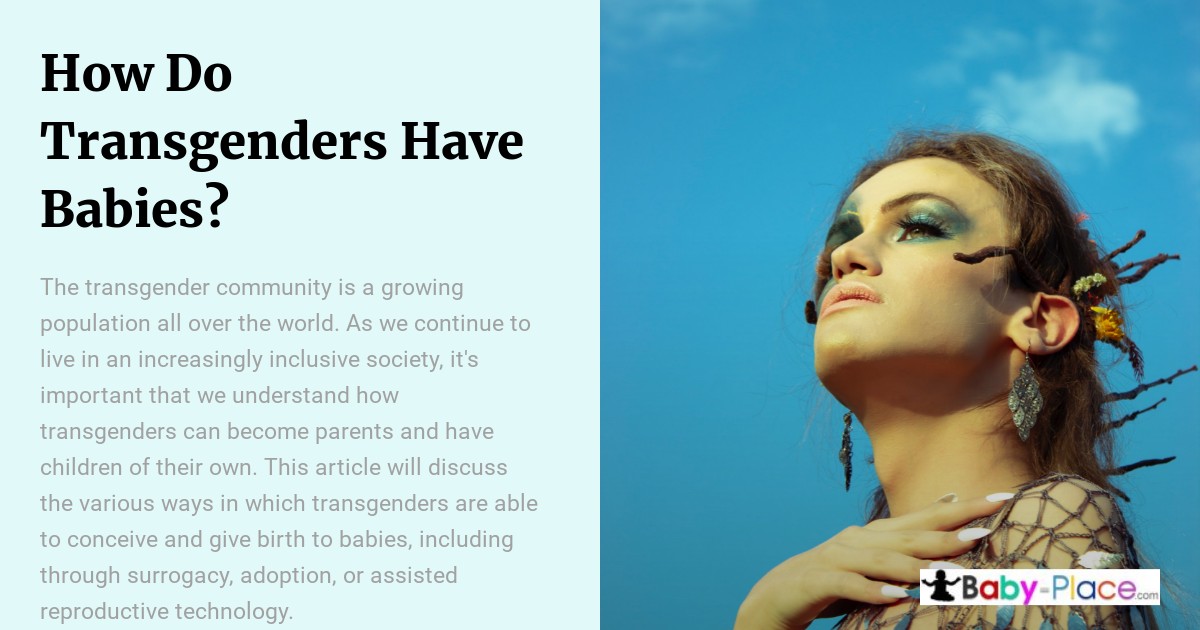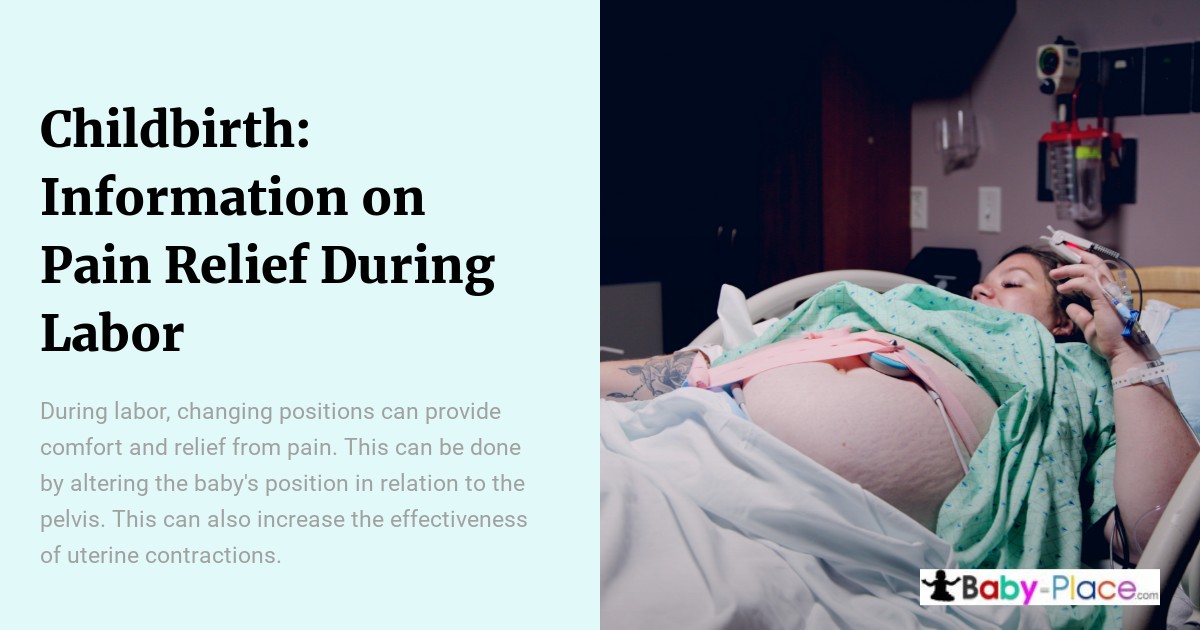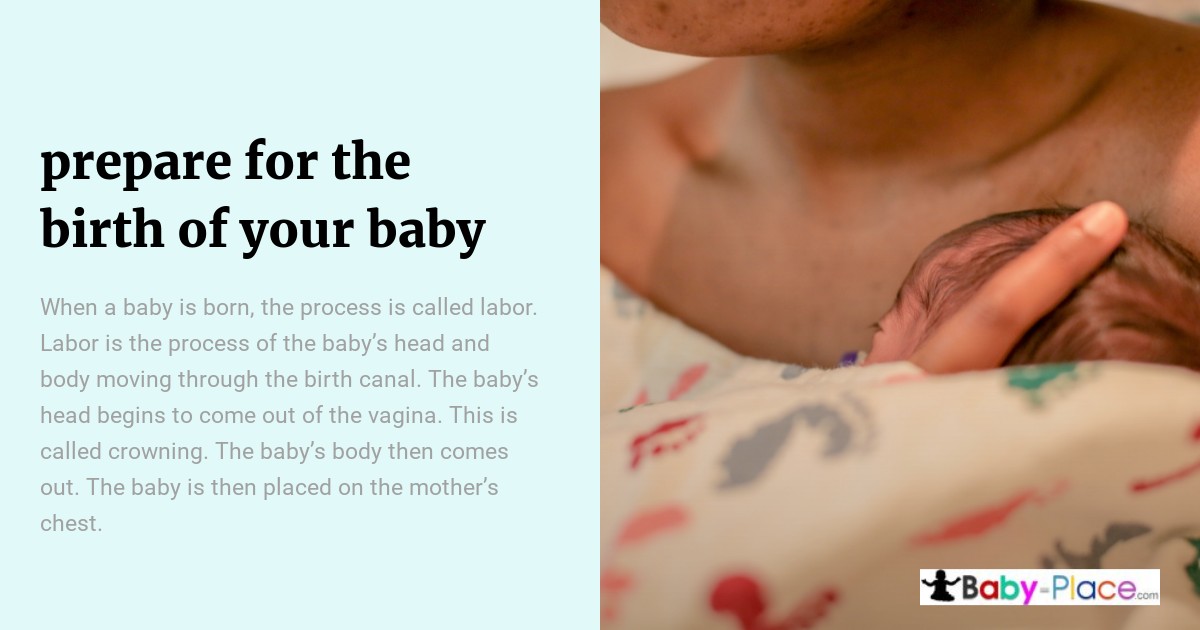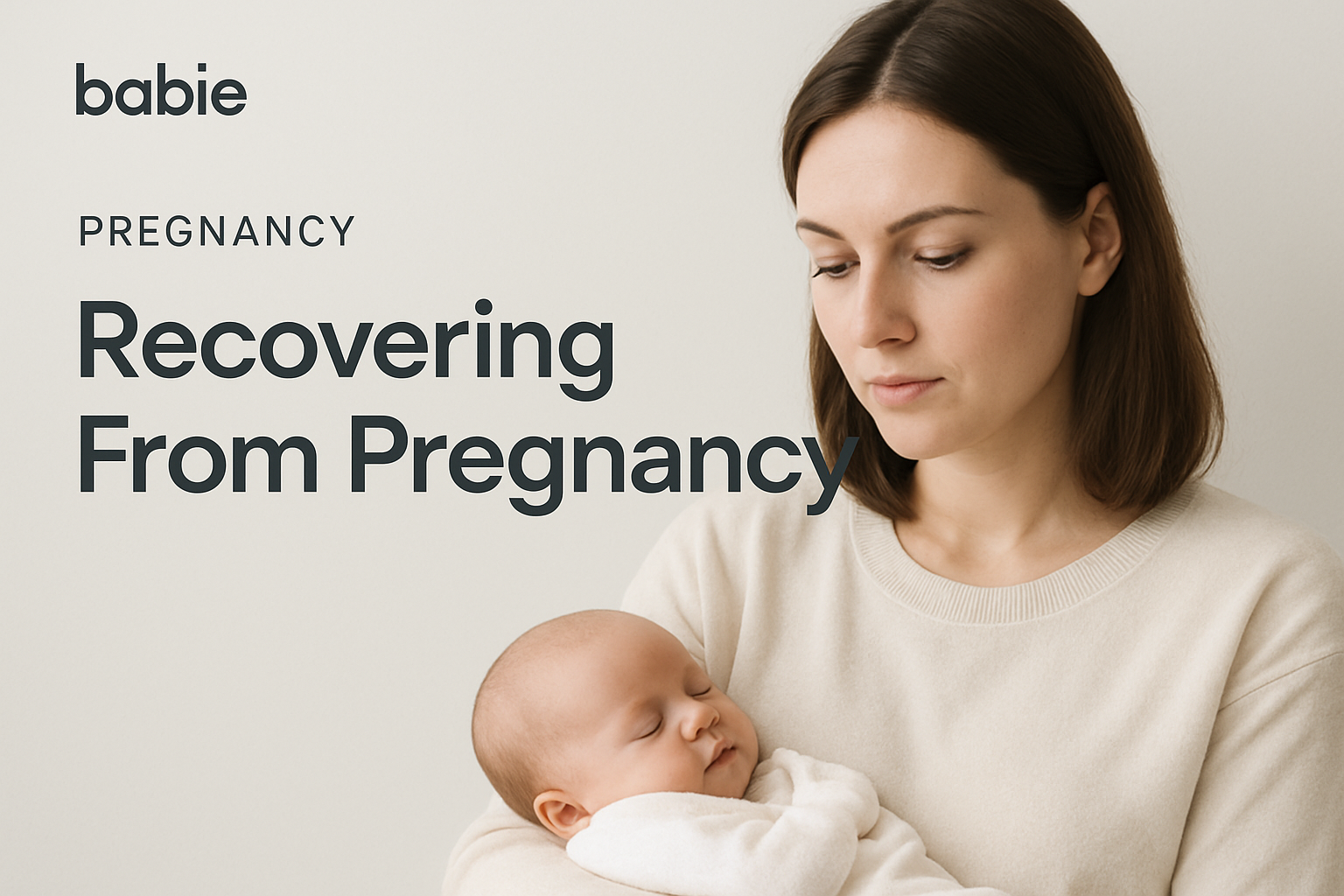
The transgender community is a growing population all over the world. As we continue to live in an increasingly inclusive society, it’s important that we understand how transgenders can become parents and have children of their own. This article will discuss the various ways in which transgenders are able to conceive and give birth to babies, including through surrogacy, adoption, or assisted reproductive technology.
We’ll also explore some of the challenges faced by transgender individuals who wish to bring new life into this world. The process isn’t always easy or straightforward, but there are many organizations out there that provide support and guidance for those hoping to start a family. Finally, we’ll look at what the future holds for trans parenting and examine how attitudes towards such families have been changing over time.
We hope this article provides insight into how transgenders can create loving homes with beautiful children of their own.
The Biological Basics Of Reproduction
The biological process of reproduction is like a complex puzzle, with each piece needing to fit together perfectly for the entire picture to be complete. For transgender people, this puzzle can be especially complicated due to their unique circumstances. However, there are ways they can still have babies and become parents through in-vitro fertilization (IVF), surrogacy, adoption, or using donor sperm or eggs.
When it comes to IVF specifically, this involves taking hormones to stimulate egg production in trans men, who then may donate them for use by another individual or couple. Depending on the situation, one partner could provide both the egg and uterus necessary for pregnancy if they retain reproductive organs from their assigned gender at birth.
Trans women would need donor sperm to conceive via IVF.
In some cases where neither parent produces gametes capable of creating an embryo, surrogacy becomes a viable option — either traditional surrogacy (using someone else’s egg) or gestational surrogacy (using an embryo made from donated sperm/egg). And finally, when all else fails many couples turn to adoption to become parents and form a family unit that works best for them.
Fertility Options For The Transgender Community
For many transgender individuals, having a baby is an important part of life. However, the biological basics of reproduction can complicate matters – so what fertility options exist for trans individuals?
Take Jane (not her real name) as an example. She had been living as a woman for several years when she decided to start her family. While she was born male, and still carried his XY chromosomes, she wanted to be able to conceive with her wife in a way that felt right for her. So they turned to egg donation and surrogacy services to make their dream come true.
Surrogacy and egg/sperm donation have become increasingly popular amongst those who don’t identify within the traditional gender binary or whose reproductive organs don’t function normally. This allows them to take control of how they create a family without relying on their physical bodies alone. It also gives couples like Jane and her partner a chance to experience pregnancy despite not being biologically able to carry a child themselves.
In addition, there are other assisted reproductive technologies available such as IVF treatments which use donated sperm or eggs from another individual or both partners combined with artificial insemination techniques. These methods offer potential parenthood where it might otherwise seem impossible – providing hope for those unable to conceive naturally due to medical conditions or gender identity issues alike.
Assisted Reproductive Technologies
Assisted reproductive technologies (ART) offer a range of options for the transgender community to have children. However, it’s important to understand that fertility is complex, and not all trans-people can use ART for conception. Juxtaposed with this reality are the remarkable advances in medical science which have made parenthood possible for those who previously could not conceive naturally.
In recent years, clinics worldwide have been helping trans couples achieve their dream of having children. Some of these procedures include sperm or egg donation, intrauterine insemination (IUI), in vitro fertilization (IVF), and surrogacy.
LGBT+ networks can provide support as well as reliable information about what’s available from certified doctors and clinics.
For many members of the trans community, ART provides hope and opportunity where there was none before. As such, both healthcare providers and fertility clinics must ensure they’re offering comprehensive services tailored to meet the specific needs of each person or couple – whether it’s through providing counseling, addressing gender identity issues, or creating treatment plans suitable for them.
Ultimately, allowing people from different walks of life access to safe and successful reproduction methods should be seen as an empowering step forward into a more inclusive society.
The Costs Of Having A Baby As A Transgender Person
Having a baby is often seen as the ultimate symbol of love and commitment. Still, for transgender people, it can be an expensive journey due to the lack of resources available. Despite this, many are still determined to become parents and have found ways to make it happen.
Those seeking fertility treatments may face additional financial barriers when compared to cisgender individuals. In addition to paying for medications required during IVF or other reproductive technologies, trans folks might also need hormone therapy in order to prepare their bodies for pregnancy — which can add up quickly.
On top of that, some clinics charge extra fees for LGBTQIA+ patients who require special care from providers with experience supporting these populations.
Fortunately, there are support networks such as family members and friends who can provide emotional and practical assistance throughout the process. Additionally, organizations like Fund My Fertility offer grants designed to help cover some of the medical expenses associated with assisted reproduction.
The cost of becoming pregnant as a transgender parent shouldn’t stop anyone from achieving their dream. Options exist that help alleviate some of the burden so more families can pursue parenthood regardless of gender identity.
Preparing Your Body For Pregnancy
For transgender people looking to become parents, the process of preparing their bodies for pregnancy can be daunting. From hormone treatments and getting a physical from a trans-friendly doctor, there’s much to consider before they conceive. But with careful planning and preparation, it doesn’t have to be overwhelming.
Transgender people considering pregnancy should first make sure they are healthy enough physically and emotionally to handle childbirth. This means having regular checkups with your primary care physician or gynecologist. As part of this routine visit, ensure you go over any medications you may currently be taking that could interfere with conception – as well as discuss fertility options available if necessary.
Additionally, research what type of hormones would best suit your individual needs when trying to get pregnant. Many transgender individuals take estrogen or testosterone prior to conceiving in order to help prepare the uterus for implantation.
It’s also important to create a support system during this time – one composed of trusted friends or professionals who understand the unique challenges associated with being a transgender parent-to-be. Having someone around who is knowledgeable about both gender identity issues and reproductive health can provide invaluable insight throughout the entire journey from dreaming of parenthood through postpartum recovery.
Choosing An Egg Donor
While choosing an egg donor may feel overwhelming, it’s also a chance for transgenders to become more connected with their families and potential futures. It’s important to remember that having access to an egg donor doesn’t determine whether or not you’ll be able to conceive.
First off, when choosing an egg donor, consider what qualities are important to you when evaluating your options. Are there any characteristics like physical traits, religious beliefs, academic background or hobbies that matter most?
Think about how those elements could impact your child’s life too. Secondly, review any legal documentation and medical history associated with the donor before making a decision. Asking questions can help ensure clarity on all details related to the donation process.
Finally, if possible, try speaking directly with the donor if they’re comfortable doing so – it can make the experience more meaningful by providing insight into who they are as a person beyond just their genetics. Additionally, connecting with them may provide peace of mind knowing that someone else shares in your vision for building a family together.
Choosing A Sperm Donor
As a transgender parent-to-be, selecting the perfect sperm donor is an incredibly important step for your future family. It can be daunting to consider all aspects of this process – from physical traits like hair color and eye color to more abstract characteristics such as education level or religious background. But with careful consideration and research, choosing a sperm donor that best reflects who you are and what you value can help make your dreams come true.
The journey begins by researching fertility clinics in your area that specialize in LGBTQ+ families and organizations offering anonymous sperm donation services. Once you’ve chosen one (or several), it’s time to start looking through profiles of available donors – poring over every detail imaginable!
By taking into account both the physical characteristics and personal information provided on each profile, you will soon find yourself feeling connected to someone special whom you would love to welcome into your family.
Finding A Reproductive Endocrinologist
Finding a reproductive endocrinologist is an important step for transgenders who want to have babies. A reproductive endocrinologist specializes in fertility, pregnancy, and hormone issues related to reproduction, making them highly knowledgeable about the specific challenges faced by transgender individuals when it comes to having children.
With their help, transgenders can develop an individualized plan tailored to their own needs.
When searching for a reproductive endocrinologist, it’s important that they are willing to work with members of the LGBTQ+ community. This is especially true for those considering egg or sperm donation from someone outside of their gender identity. It’s also beneficial if the doctor has experience working with transgender patients specifically – something that would most likely require asking questions directly during initial consultations before deciding on which specialist to use.
Finding the right reproductive endocrinologist can make all the difference when it comes time to start building a family. Doing research ahead of time and being honest about one’s goals will ensure that the best possible care is received throughout the process.
Understanding The Legal Implications
Having a baby as a transgender person may come with unique legal implications. Most importantly, it’s important to understand the laws surrounding parental rights and how they apply to you. It’s also helpful to look at any relevant court cases that have been brought up in your state or country regarding trans parents and their children.
It is essential to talk to an attorney who specializes in family law and LGBT issues before taking any steps toward having a baby. They can help guide you through ensuring both parties involved are legally protected throughout the conception process. Depending on where you live, there may be additional paperwork, such as second-parent adoption forms, that need to be completed for your child’s birth certificate and other documents.
The best thing you can do before embarking on this journey is to educate yourself about existing laws and regulations so that you know what to expect during each step of the way. Doing research ahead of time will give you peace of mind when making decisions related to parenthood as a transgender individual. Taking all these precautions will ensure that your future child has every right afforded by being born into loving families regardless of gender identity.
Handling Insurance Coverage For Transgender Reproductive Care
For many transgender individuals, starting a family through reproductive care can be an important part of their journey toward self-actualization. However, navigating insurance coverage for such services may seem daunting and overwhelming. There are resources available to help make this process easier and more accessible.
One common objection might be that it is too expensive.
Some insurance companies have begun offering policies that provide coverage specifically for transgenders seeking reproductive health care. Even if your plan does not include these provisions, you may still qualify for certain benefits depending on where you live and your policy type.
The key is to do your research in order to find out what kind of coverage is available to you and how best to access it. Speak with knowledgeable healthcare providers who understand the complexities of transgender health needs so they can guide you through all the steps necessary to get the right treatment at an affordable price. This way, everyone can start a family without having to worry about financial burdens getting in the way.
Overcoming Discrimination In The Medical Field
Irony alert: in a world where everyone has the right to receive medical care, it’s shocking that transgender people have faced discrimination in this field. Yet sadly, it’s true – despite being protected by law, many trans individuals still feel unwelcome and unsupported when seeking healthcare services.
This is an issue that urgently needs to be addressed; no one should feel fearful or intimidated about accessing necessary treatments. Unfortunately, due to negative attitudes from some healthcare staff as well as potential financial barriers, there are often obstacles preventing transgenders from receiving adequate care.
Supporting Your Mental Health During The Process
Navigating the process of having a baby as a transgender individual can be difficult, but it doesn’t have to be overwhelming. With the right support and resources, you can find ways to look after your mental health while pursuing parenthood.
Caring for yourself is an important part of this journey. You must prioritize self-care along the way. Taking time away from stressors and activities that don’t bring joy into your life is key to maintaining good mental health during this process. Connecting with supportive family and friends or joining online forums specifically for trans parents could provide additional comfort and guidance.
It may also help to remember that plenty of other people have gone through similar experiences. Many organizations offer education, advocacy, counseling services, and more to ensure successful outcomes for both parent and child. Seeking assistance from such sources could give you the confidence needed to face any challenges that arise with optimism.
Ultimately, if you take care of yourself first through healthy coping mechanisms then you can make sure that no matter what comes up on your road to becoming a parent, you will remain strong throughout the process.
Navigating The Social Aspects Of Transgender Parenthood
Becoming a parent is an incredible adventure, but for transgender individuals, it can be especially fraught with difficult social considerations. According to one study, nearly two-thirds of trans parents say they have experienced discrimination when seeking medical care related to their pregnancies and parenting efforts.
Navigating the social aspects of transgender parenthood is no easy task.
One common issue faced by many trans parents is others not understanding their unique family structure or situation. People may ask intrusive questions about the parent’s gender identity or how the baby was conceived.
These assumptions can lead to feelings of isolation or frustration among trans people who are already facing stereotypes and stigma in other areas of life. Additionally, some healthcare professionals may not know how to address certain issues that arise during pregnancy and postpartum, leading to further barriers for trans parents in receiving adequate care.
Fortunately, there are resources available for those embarking on this journey into parenthood as a transgender individual. Organizations such as Trans Parent Network provide support and guidance throughout different stages of having a child while also offering advice on navigating potential legal issues associated with transgender parenthood.
Additionally, forums like Reddit’s r/transparents offer safe spaces where members can share experiences and give each other tips on coping with societal pressures surrounding being a transgender parent.
By taking advantage of such resources, trans parents can find strength in solidarity and gain confidence in becoming a successful parent despite any challenges they face along the way.
Raising A Child As A Transgender Parent
The journey of raising a child as a transgender parent is like taking an adventurous voyage into new and uncharted waters. It’s filled with both joys and hardships, much like any other parenting experience. But the unknown brings its own unique challenges that must be considered and navigated in order to ensure a successful outcome for all involved.
From finding acceptance from family members, friends, and peers to making sure their child has access to appropriate resources such as gender-affirming healthcare – these are just some of the things trans parents must consider when embarking on this beautiful but difficult adventure.
Understanding what it means to raise a child while also having your own identity respected can be overwhelming at times. However, there are many support networks available to provide guidance along the way.
Transgender parents have the opportunity to create incredible bonds with their children through mutual understanding, empathy, and unconditional love. By being open about one’s identity, trans parents can help form strong relationships based on trust and respect – allowing them both to grow together in ways they couldn’t have imagined before. Through this process, they can achieve something greater than themselves: providing an environment where everyone feels safe enough to express who they indeed are without fear of judgment or discrimination.
By far, though, the most rewarding part of raising a child as a transgender parent is seeing that love blossom between you two over time!
Resources For Transgender Pregnancy And Parenthood
When it comes to the topic of transgender pregnancy and parenthood, there are many resources available for those interested. For instance, access to healthcare providers that specialize in trans-inclusive healthcare is essential for any transgender individual who may be considering starting a family.
In addition, support groups, both online and in person, can help provide emotional guidance throughout the journey.
There are even organizations dedicated to helping families navigate through insurance coverage and other financial concerns associated with assisted reproductive technologies.
Conclusion
The journey of transgender parenthood is filled with unique challenges and obstacles, but it can also be an incredibly rewarding experience. As a transgender parent, you are able to nurture the life of your child and share in the joys that come along with raising children.
At its core, becoming a parent as a transgender individual requires courage and strength — two qualities we all possess within us. It’s important to remember that no matter what path you take to build your family, every baby is created out of love. Like a beautiful rose growing from concrete, despite any hardships encountered along the way, each one has something special to offer the world.
No matter where you may be on your parenting journey, cherish every moment, knowing that it will be worth it in the end. Knowing how much love there truly is in this world, when faced with doubt or fear – take solace in knowing that someone out there believes in you and wants nothing more than for you to create something beautiful through parenthood.
Frequently Asked Questions:
What are the fertility options available for transgender individuals who wish to have children?
Transgender individuals have several fertility options, including in-vitro fertilization (IVF), surrogacy (traditional or gestational), adoption, and using donor sperm or eggs. Trans men may donate eggs, while trans women would need donor sperm for IVF. Assisted reproductive technologies (ART) like intrauterine insemination (IUI) are also viable options.
What challenges do transgender individuals face when trying to conceive or adopt?
Transgender individuals may face financial barriers, legal complexities, and discrimination in medical settings. Fertility treatments can be costly, and insurance coverage may be limited. Additionally, navigating parental rights and societal acceptance can pose challenges, especially in regions with less inclusive laws or attitudes.
How can transgender individuals prepare their bodies for pregnancy?
Transgender individuals should consult a trans-friendly healthcare provider to assess their physical and emotional readiness for pregnancy. Hormone therapy may be adjusted to prepare the uterus for implantation. Regular checkups, reviewing medications, and building a support system are also crucial steps in the process.
What legal considerations should transgender parents be aware of?
Transgender parents should understand laws surrounding parental rights, birth certificates, and second-parent adoption. Consulting a family law attorney with expertise in LGBTQ+ issues is essential to ensure legal protections for both parents and the child, especially in cases involving surrogacy or donor conception.
Where can transgender individuals find support for pregnancy and parenthood?
Support is available through LGBTQ+ organizations, online forums (e.g., Reddit’s r/transparents), and networks like Trans Parent Network. Fertility clinics specializing in transgender care, mental health counseling, and advocacy groups can also provide guidance and resources throughout the journey.





















